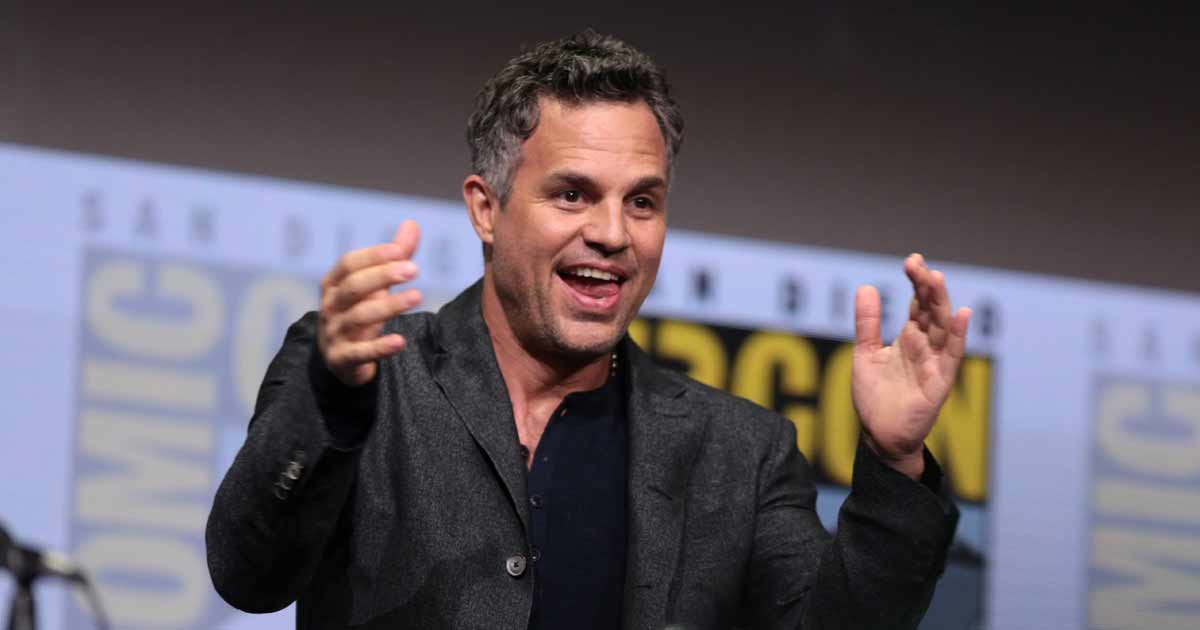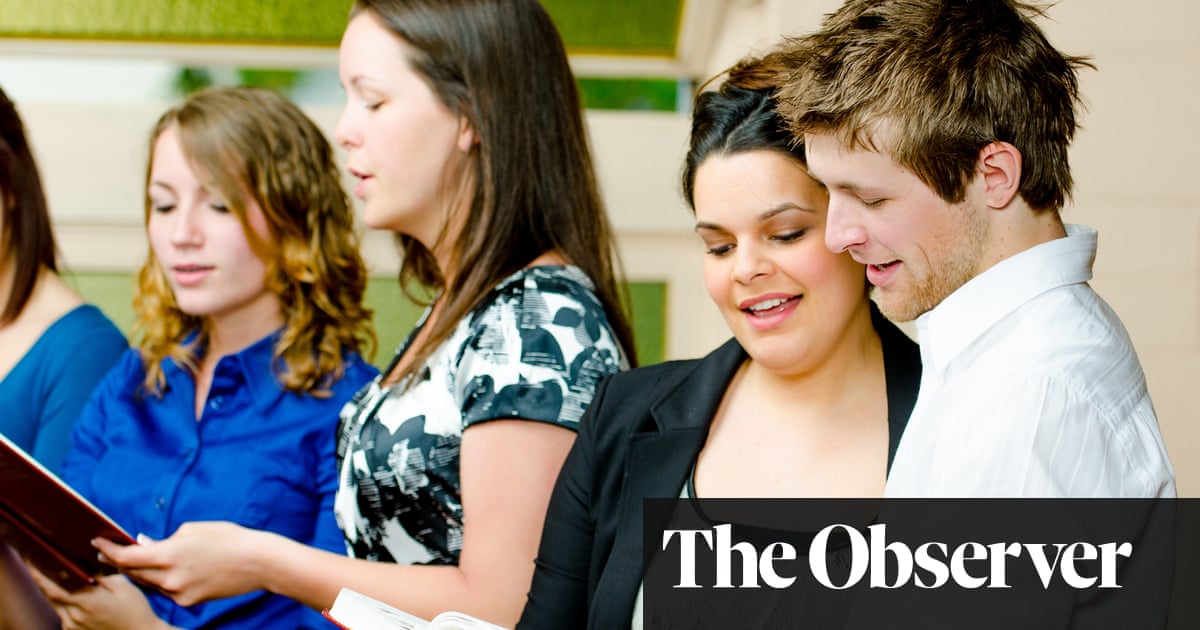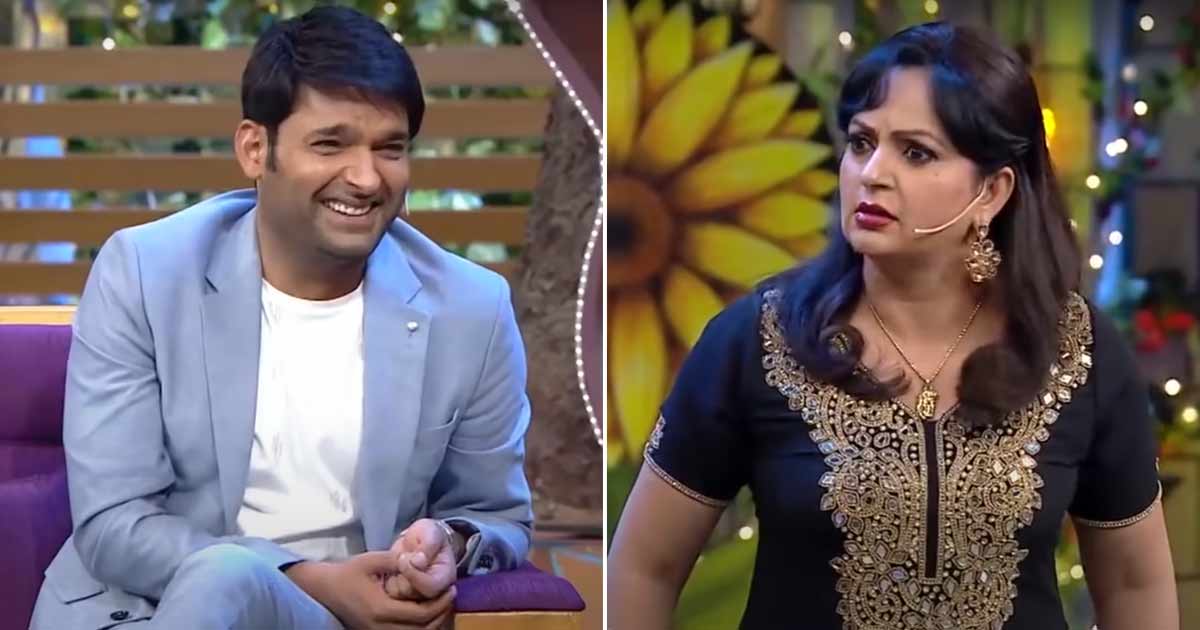“The challenge then is for parents to look at their own behaviours. If they’re sitting around the coffee table sniping about somebody, is that the sort of behaviour they want their child to be learning?”
Starting young
Children start to become aware of social comparison around the age of seven, explains Spears. It’s important to start having conversations about self-worth, since comparison can lead to conflict.
“Helping them find their place – not in a hierarchy but in finding their own self-worth,” she says.
“These conversations are about always trying to do your best. But realising there are always going to be some people who are a bit faster or bigger or stronger than you in some ways, and you will be better in other ways.”
Teaching children about friendship – that it is not ownership – is also important from a young age.
“Helping children understand they can have multiple friendships – and some can be close and others can be more distant [is essential],” she says. “Setting up that dynamic of who’s in and who’s out is where power dynamics start to happen.”
Yap stresses it’s important to seek professional help, particularly in instances where parents notice patterns of insensitivity or lack of empathy in children. “Intervening as soon as possible is always the advice in such instances.”
Don’t play the blame game
It’s important to adopt a strategy of “no blame” when talking to kids about bullying, says Spears.
“It’s not about blaming them for something that goes wrong because that’s just part of growing up. We all make mistakes.”
Loading
She suggests open conversations that help children better navigate conflict.
“[It’s saying], let’s try and understand everybody’s perspectives by standing in the other person’s shoes, sharing the concern of how that person might be feeling, and then trying to find solutions together.”
Yap encourages parents to approach conversations with empathy, particularly in instances where a bullied child has been driven to bully.
“Actually empathising with that very unpleasant, and sometimes even traumatic, experience a child might have had can sometimes go a long way in breaking that cycle.”
Language matters
Language matters, too, when talking about conflict. “Children will often use the words ‘just’ and ‘only’,” says Barbara. “They’ll say, ‘I’m just messing around’, or, ‘we’re only kidding’.
“I suggest that teachers and the parents start eliminating those words from the conversation because they trivialise the behaviours.”
Judging the appropriate time for longer talks – particularly for teens who might be turned off by bigger pep talks – is key, says Yap.
A small comment, such as “I know that you are usually such a caring person”, can go a long way.
“It’s still affirming to them that, ‘I see more in you’ and ‘I’m just calling it out. I’m not going to judge you or criticise you for it, but I know you’re capable of doing better’.”
Kids Helpline 1800 55 1800.
Make the most of your health, relationships, fitness and nutrition with our Live Well newsletter. Get it in your inbox every Monday.







